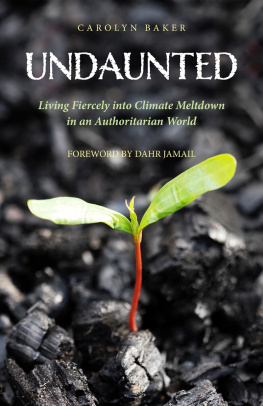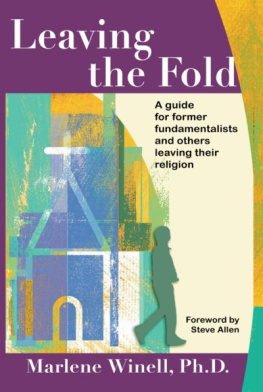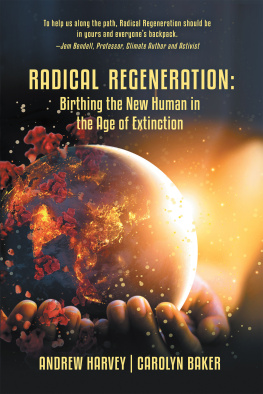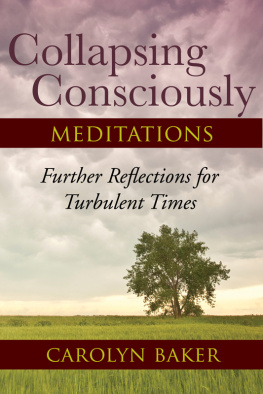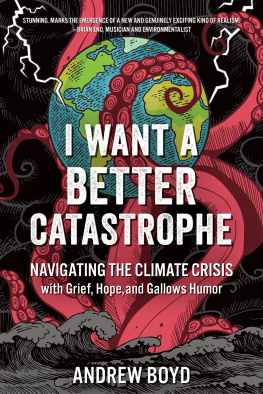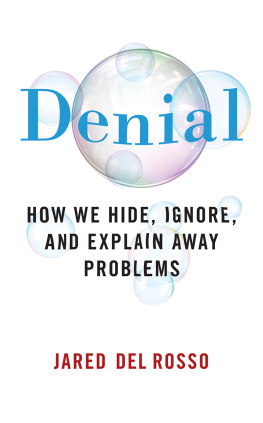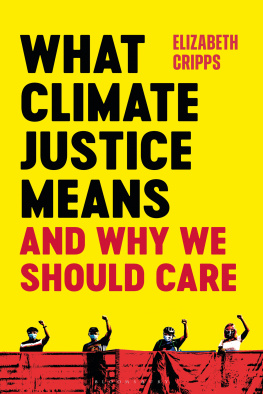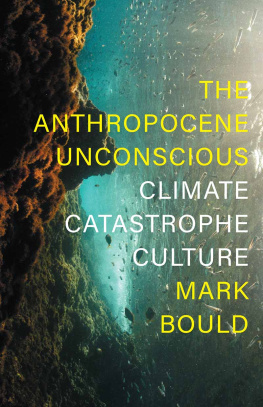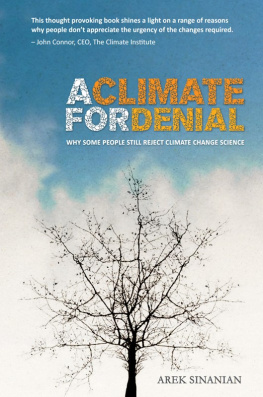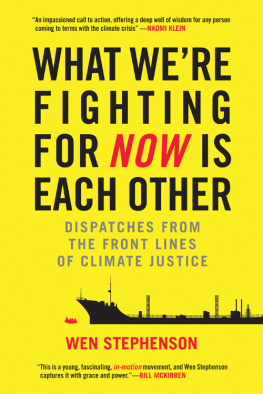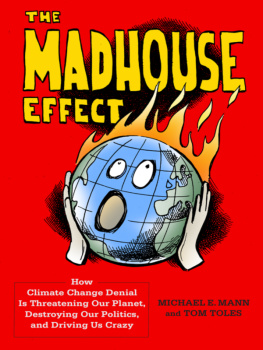No part of this book may be reproduced, stored in a retrieval system, or transmitted in any form or by any meanselectronic, mechanical, photocopy, recording, or otherwisewithout written permission of the author and publisher, except for brief quotations in printed reviews.
Please join our mailing list at www.apocryphilepress.com/free. Well keep you up-to-date on all our new releases, and well also send you a FREE BOOK. Visit us today!
Foreword
Jack D. Forbes, professor emeritus and former chair of Native American Studies at the University of California Davis, in his book, Columbus and Other Cannibals, wrote thirty years ago about what he called the wtiko (cannibal) disease, something he also referred to as the sickness of exploitation.
As a Native American, Forbes was intimately acquainted with living in the wake of and within continuing forms of genocide, erasure, and oppression from the U.S. government and its societal programming.
Cannibalism, as Forbes defined it, is the consuming of anothers life for ones own private purpose or profit.
Imperialism and exploitation are forms of cannibalism and, in fact, are precisely those forms of cannibalism which are most diabolical or evil, he wrote. Few, if any, societies on the face of the Earth have ever been as avaricious, cruel, violent, and aggressive as have certain European populations.
Native Americans experienced wtiko in brutal fashion not long after first contact with Europeans.
A few years ago, I had a long conversation with a friend who is a Chiricahua Apache elder. He prefers to remain anonymous nowadays, so I wont include his name here, but he told me:
The white man slaughtered, during one short period alone, 50 million buffalo, because thousands of us relied on them, and in less than a generation, they annihilated them. And they take pride in this, and take pictures of the dead buffalo, like it takes a real man to shoot an animal with a high-powered rifle from far away.
To emphasize what he was saying, he went on to say that when Native Americans talk about great people, they usually speak of medicine people or people who engage in acts of selfless generosity, but all of the greats that the whites ever write about were great at destruction and subjugating people. Insert name of U.S. military general or corporation or political leader here.
Ella Cara Deloria (18891971) was born on the Yankton Reservation in South Dakota and grew up in a prominent family on the Standing Rock reservation. She studied at Columbia University with Franz Boas and became an ethnologist, authoring numerous books.
In one of them, Waterlily, posthumously published in 1988, she wrote of an old tradition in pre-contact Native American culture called fellowhood, a solemn friendship pact that must endure forever.
How she described this is worth quoting at length, as it is the concept I wish to use as a contrast to our present-tense converging crises generated by hundreds of years of wtiko society.
Fellows were men of comparable standing and ability who were drawn together by like tastes and by a mutual respect and admiration for each others character and personal charm. The best I have is for my fellow was their code from the time they pledged eternal loyalty. In line with that, ones best horse automatically went to the other whenever they met after a prolonged separation. When possible, they went on the warpath together in order to protect each other. In every phase of life they must act without thought of self, in defense of and to the advantage of the other. One must give ones life to save the other. Fellowhood was a compelling association whose obligations were a pleasure.
Two men who became fellows, kola, immediately thereby placed themselves in the limelight, fully cognizant that others watched them, as if saying, Well, so they think themselves worthy of so high a calling, do they? We shall see how they will measure up! For men of doubtful stature who became kola without counting the cost soon petered out and became the butt of many jokes and the derision of men. It was no wonder that instances of fellowhood were not common, since much thought was needed before taking the step.
The demands on fellows were somewhat greater even than those on natural brothers, loyal and devoted as brothers were supposed to be. And automatically, like brothers, each fellow was son to the others parents and father to his children. All other relatives were likewise shared. Each was brother-in-law to the others wife, but with this difference: whereas an informality, marked by joking and taking one another in an offhand manner, was ordinarily permitted between brother- and sister-in-law, men in fellowhood must respect and venerate the others wife like a sister
Could the disparity between wtiko culture and authentic Indigenous culture possibly be any greater?
Ella Caras nephew, Vine Deloria Jr. (1933-2005), was a Native American scholar, attorney, and author of more than two dozen books, including Custer Died for Your Sins; God is Red; Power and Place; Red Earth, White Lies; and Spirit and Reason.
In his book, We Talk, You Listen: New Tribes, New Turf, he prophetically, wrote this:
Eventually the land upon which people live determines how they will live. Before the coming of the white man the land was untouched [in the way it is today]. It provided for everyone and people dared not disturb it since it was the property of all. There was no need for industry or tedious work, since the land provided.
This is not to say the land was left alone. People had a close, intimate relationship to it, listening to its needs rather than imposing their own.
Waterlily relates how, in a time of need, a buffalo dreamer in a tribe would call on his brothers, the buffalo, who would then arrive to give of themselves in order to feed the people. As soon as enough kills were made to provide what was needed, the tribal leaders called a halt. Stop! It is enough. Our friends have kept their vow; once again they have given themselves to save us; once again they have extended hospitality to us. Let us kill no more than we need. It is enough, Ella Cara wrote.

